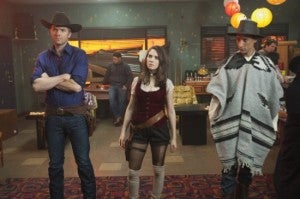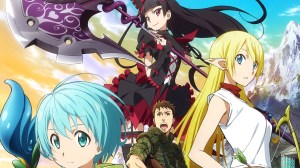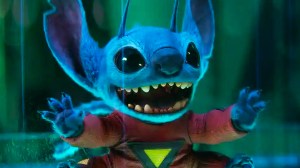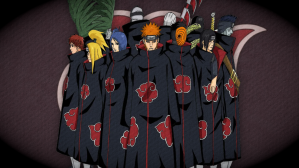When Dan Harmon was fired as the showrunner on Community, a show he co-created, a few months ago, a lot of conversation happened about the role of “showrunners” and creators on network TV series.With a lot of money on the table, networks are loathe to give even the most gifted and beloved showrunners total creative control or anything resembling creator-ownership over the shows they work on. Harmon, in a recent interview, even allowed that he would have fired Dan Harmon, were he in Sony’s unenviable position, because there were a lot of moving pieces, some of which were beyond the control of either Harmon or the show’s owners (NBC, who distribute and exhibit the show, control things like time slots and how much promotion the series gets, etc.).
Videos by ComicBook.com













